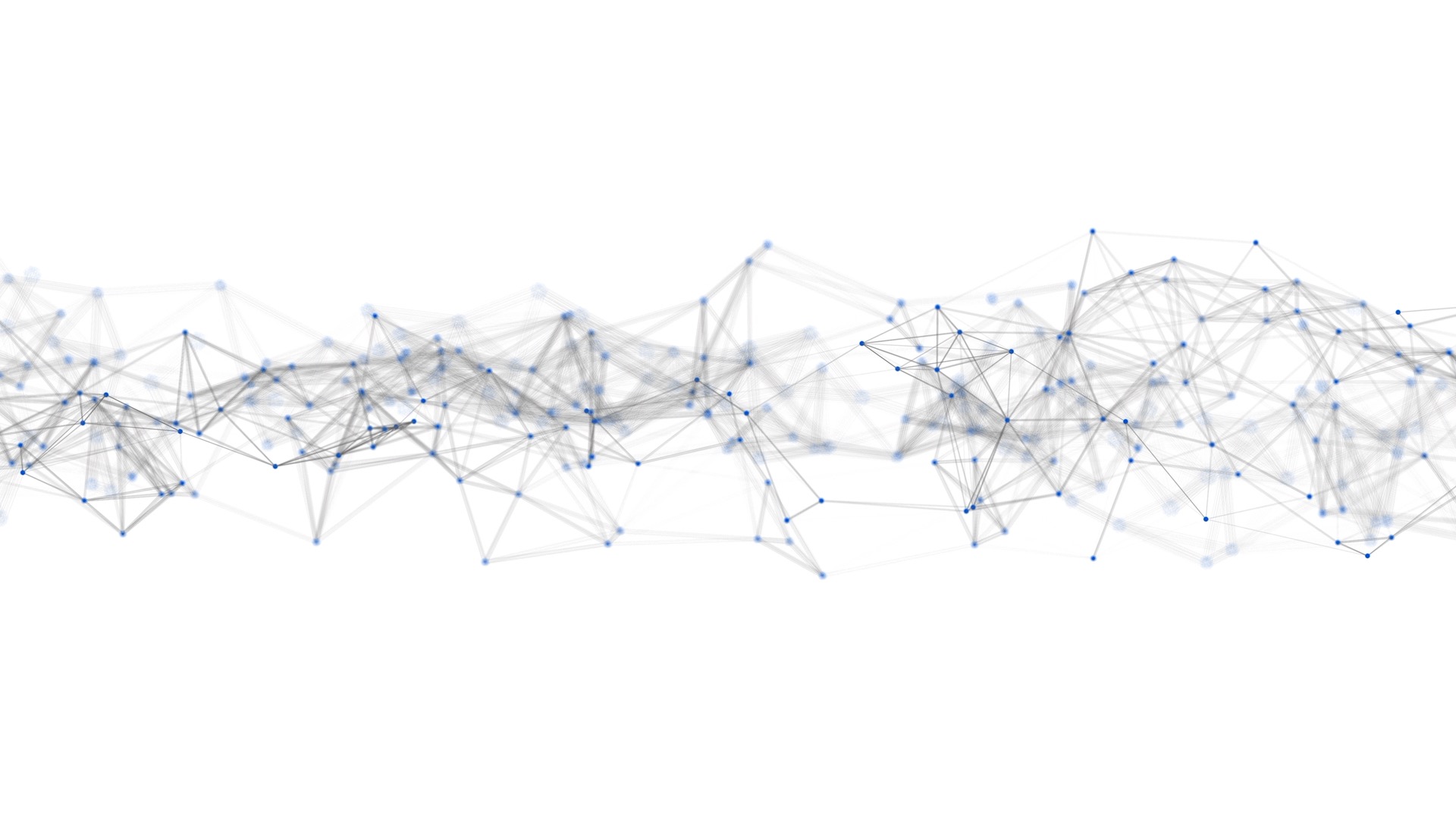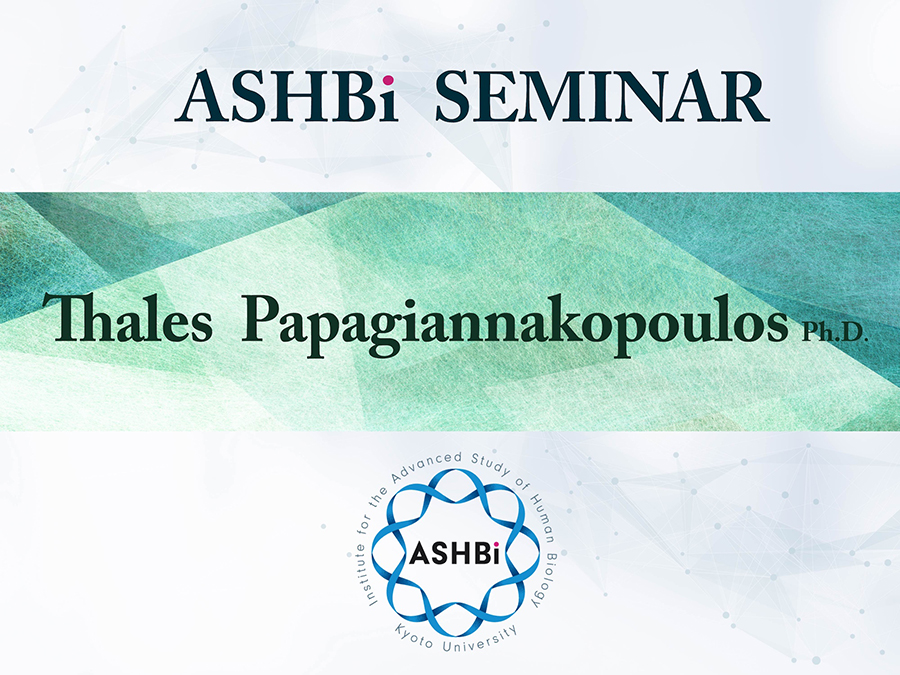Dr. Thales Papagiannakopoulos from New York University Grossman School of Medicine
We will have ASHBi Seminar with Dr. Thales Papagiannakopoulos from New York University Grossman School of Medicine.
For more details of the seminar, please check the flyer.
If you have any interest in the topic, you are welcome to attend this seminar.
Program
Date
Wednesday, 23 April 2025
Time
13:30–14:30 [JST]
Venue
Conference Room (B1F, Faculty of Medicine Bldg. B) ONSITE ONLY
Language
English
Title
Mechanisms of Disease Progression in Cancer
Thales Papagiannakopoulos, Ph.D.
Associate Professor, Department of Pathology, Perlmutter Cancer Center, NYU School of Medicine, New York, NY
Director, Molecular Oncology and Tumor Immunology Training Program, NYU School of Medicine, New York, NY
Biography
Thales Papagiannakopoulos obtained his Ph.D. in Molecular, Cellular and Developmental Biology in Dr. Ken Kosik’s lab at UC Santa Barbara (2005-2010). His research focused on uncovering the role of microRNAs in regulating embryonic stem cell pluripotency and cancer. In 2010, he started his postdoctoral studies in Dr. Tyler Jacks’ laboratory at MIT where he studied the molecular mechanisms that contribute to cancer at an organismal level, using autochthonous mouse models of cancer. He pioneered the use of novel CRISPR/Cas9-based genome engineering in pre-clinical lung cancer mouse models.
Thales joined NYU School of Medicine in 2015 as faculty in the Department of Pathology and has since been promoted to associate Professor and is also the Director of the Molecular Oncology and Tumor Immunology Program. Using both mouse and human pre-clinical models, his lab has developed a platform to rapidly characterize the function of clinically relevant lung cancer mutations, elucidate their mechanism of action and identify novel targeted therapies against complex genetic subtypes of lung cancer. Thales’ group has made significant progress in characterizing and identifying novel therapies against the most aggressive genetic subsets of lung cancer with KEAP1 and LKB1 mutations. These findings are of great importance given that patients with these mutations have the worst prognosis of all lung cancer patients and do not respond to standard of care. Finally, his group is investigating how the major genetic subsets of lung cancer differentially impact systemic physiology.
Registration
Pre-registered participants only
Eligibility
Academic researchers and students in Kyoto University
Host
Contact
Institute for the Advanced Study of Human Biology (WPI-ASHBi)
ashbi-event [at] mail2.adm.kyoto-u.ac.jp
Please change [at] to @.



